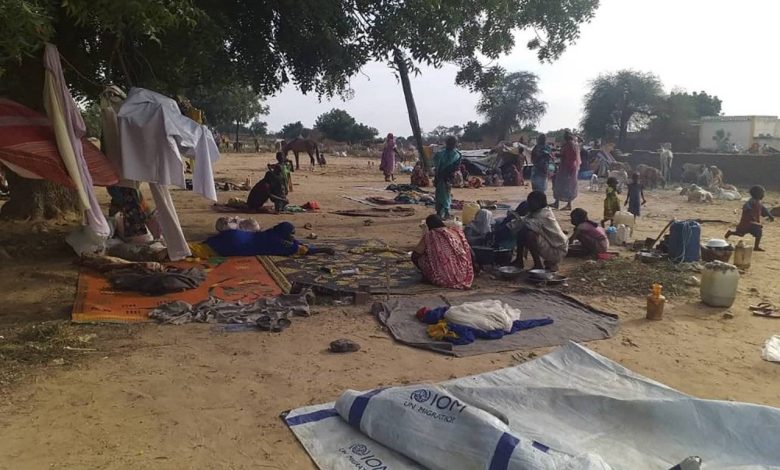US Eyes April 18 for Possible Resumption of Sudan Peace Talks

Tom Perriello, a former congressman recently named to a new position of US special envoy for Sudan, said after a seven-nation trip that talks co-led with Saudi Arabia could start on or around April 18, which helps to prevent a broader regional war, despite the failure of previous negotiations.
“Anyone who thought that either side had a path to outright victory should at this point be very clear that that’s not the case,” he told reporters after returning to Washington.
“A war of attrition,” he said, “is one that is not just a disaster for civilians, but actually easily becomes a more factionalised and regional war.”
War broke out in April 2023 between the army and the paramilitary Rapid Support Forces (RSF), killing tens of thousands, forcing millions to flee and pushing the impoverished country to the brink of famine.
Previous rounds of talks in the Saudi port city of Jeddah failed to yield any more than general promises or to halt the conflict in Sudan, which had earlier been transitioning, if uneasily, toward democracy.
Perriello, while upbeat about resuming formal negotiations, added that it was important not to “fetishise the start of talks” and said the United States and other nations were looking at incentives to end the war.
The militia of Rapid Support Forces has also allegedly received support from Russia’s Wagner mercenaries, while regional countries supported the Sudanese Army.
The United States has previously voiced alarm over reports that Iran is also working with the army, which could give Tehran’s clerical state, which also backs Yemen’s Houthi rebels, new access to the Red Sea.
Regarding Darfur , the General Coordination for Displaced Persons and Refugees in Darfur revealed that over 561 children have died from food shortages and malnutrition in just 11 months of war. This translates to a devastating average of 17 child deaths daily.
The voluntary civil group also reported a rising death rate among children in the displacement camps, which include some 6 million people, saying they were “in urgent need of food.”
Adam Rijal, spokesperson for the displaced people’s coordination committee affirmed that the displacement camps have officially reached the emergency levels of hunger.
“Children are starving. We face severe food shortages, malnutrition, and a collapse of the healthcare system,” he said.
Basic necessities like fortified food for pregnant women, nursing mothers, and the elderly are also critically lacking.
The spokesperson pointed to a critical shortage of life-saving medicines, adding that primary healthcare centres are shutting down due to a lack of personnel and supplies.
Additionally, 70% of the camps’ water sources are now inoperable, creating a severe water shortage, Rijal said.
He explained that the “newly displaced persons have no shelters, while the international and local communities have already ignored those displaced since 2003, estimated at about 3 million.”
Rijal said the number of internally displaced people in camps has reached 6 million, including over one million children who suffer from acute malnutrition.



